Research Program Overview
The Molecular Therapeutics Laboratory examines the regulation of cell signalling pathways; to both determine how defects in this contribute to cancer, wound healing, fibrosis, and other conditions, and to develop agents to target these pathways to improve human health. One of the main areas of our work is concerned with the role of the sphingolipid pathway in cancer, as alterations in sphingolipid metabolism can trigger increased cell survival, increased cell proliferation, and new blood vessel formation; three of the classic hallmarks of cancer.
Our research focuses on four main areas:
- Understanding the molecular mechanisms regulating sphingolipid metabolism in disease, and using this knowledge to develop new therapeutics
- Understanding the molecular control of 14-3-3 adaptor protein function in disease
- Developing advanced xenograft models of human cancers to enhance clinical translation of new potential therapies
- Understanding the mechanisms driving chemotherapeutic resistance in cancer
Current Research Projects
- Developing new therapeutic approaches for glioblastoma
- Understanding the molecular mechanisms of therapeutic resistance and disease relapse in acute myeloid leukaemia
- Defining the role of novel binding proteins in oncogenic signalling by sphingosine kinase
- Characterising novel inhibitors of enzymes involved in sphingolipid metabolism as potential therapeutics
- Understanding the molecular control of 14-3-3 adaptor protein function
Laboratory staff
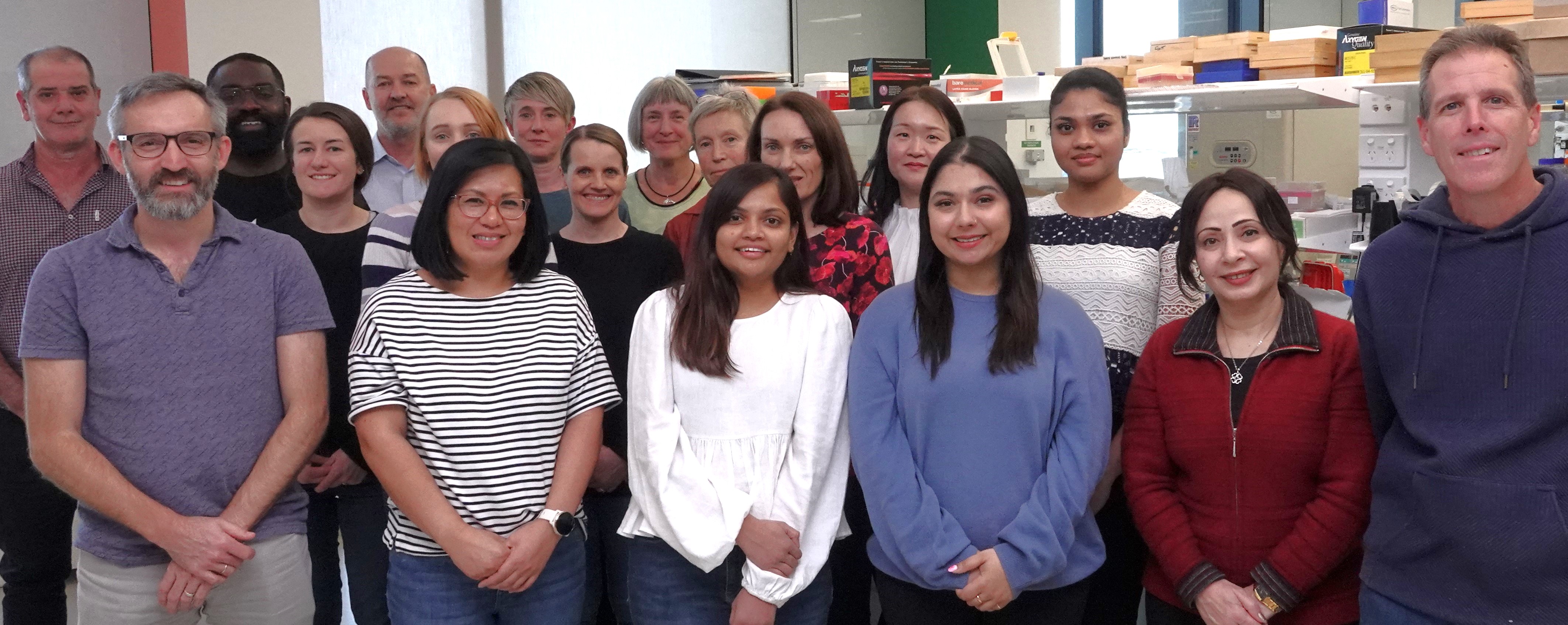
Laboratory head
Team Members
Postdoctoral Research Associates
- Dr Saira Ali
- Dr Melissa Bennett

- A/Prof Maurizio Costabile
- Dr Stuart de Poi
- Dr Briony Gliddon
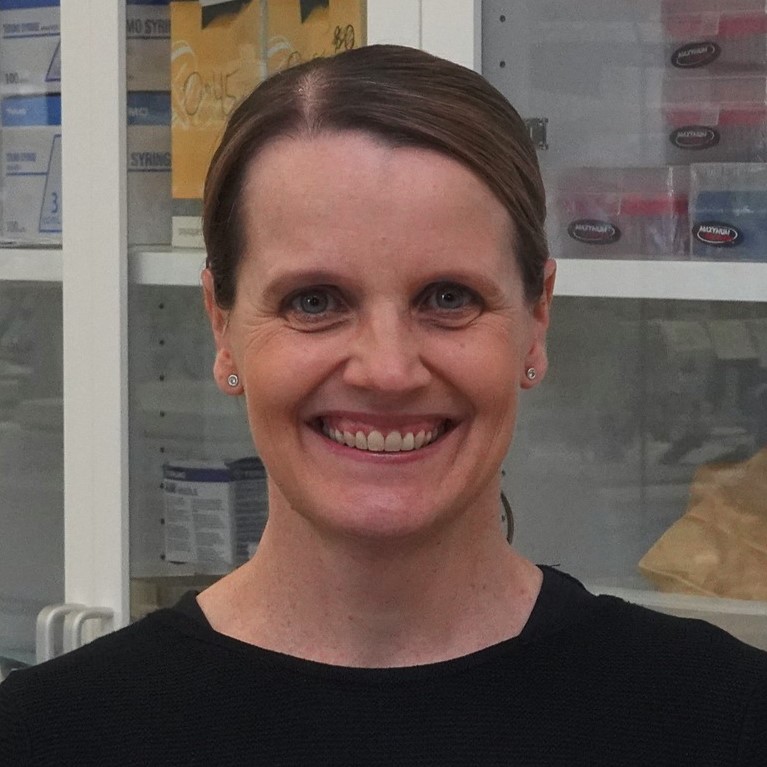
- Dr Manjun Li

- Dr Layla Mahdi
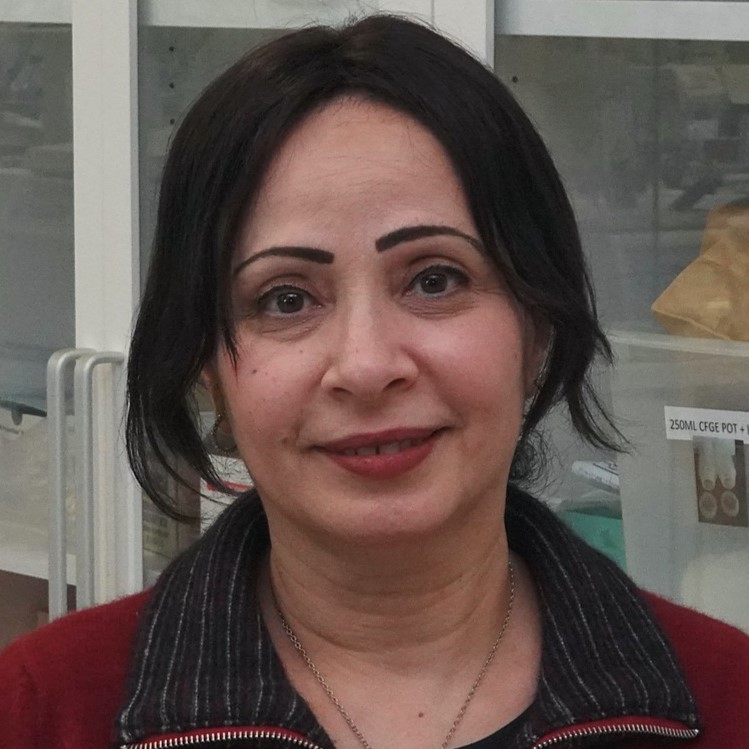
- A/Prof Jason Powell

- Dr Melinda Tea

- Dr Joanna Woodcock
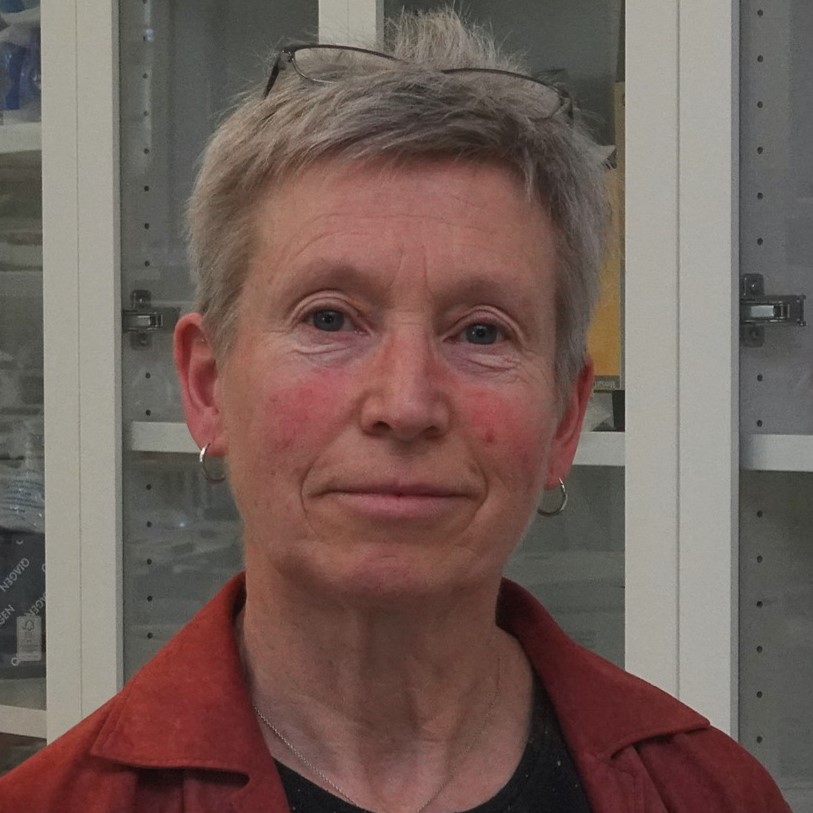
Research and Technical Assistants
- Mr Carl Coolen

- Ms Lorena Davies

- Ms Sandra Isenmann

- Ms Xin Jiang
- Ms Sakthi Lenin

- Mr Paul Moretti

- Ms Victoria Pope
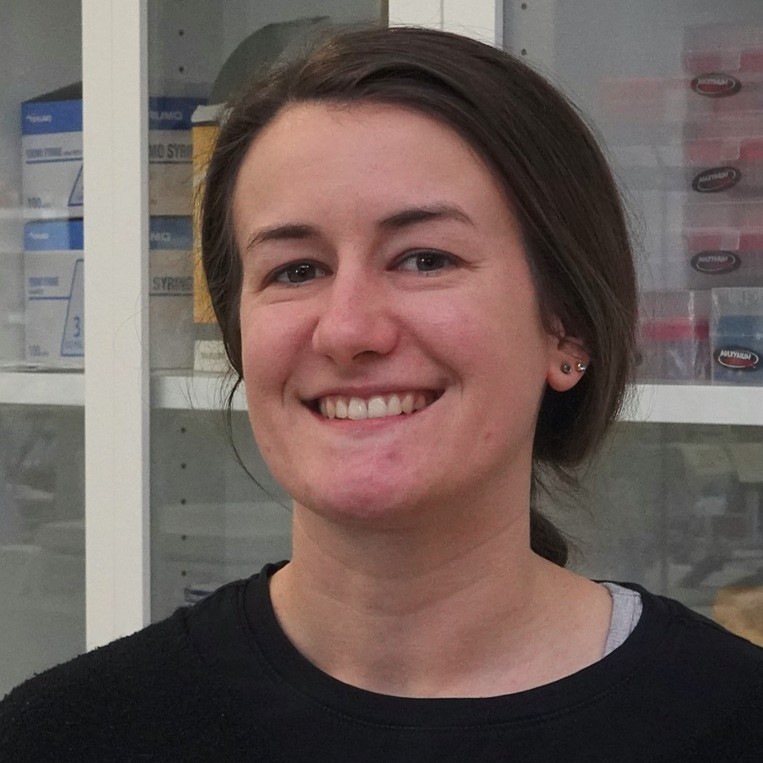
Students
- Ms Leeanne de Souza

- Mr Rhys Hamon
- Ms Nicola Jones
- Mr Gus Nwosu

- Mr Kwan Long (Keith) Lau
Select Recent Publications
- Lewis AC, Pope VS, Tea MN, Li M, Nwosu GO, Nguyen TM, Wallington-Beddoe CT, Moretti PAB, Anderson D, Creek DJ, Costabile M, Ali SR, Thompson-Peach CAL, Dredge BK, Bert AG, Goodall GJ, Ekert PG, Brown AL, D’Andrea RJ, Robinson N, Pitman MR, Thomas D, Ross D, Gliddon BL, Powell JA and Pitson SM (2022) Ceramide-induced integrated stress response as a mechanism 1 to overcome Bcl-2 inhibitor resistance in acute myeloid leukemia. Blood 139, 3737-3751.
- Bennett MK, Li M, Tea MN, Pitman MR, Toubia J, Wang P.-S., Anderson D, Creek DJ, Orlowski R, Gliddon BL, Powell JA, Wallington-Beddoe CT and Pitson SM (2022) Resensitising proteasome inhibitor-resistant myeloma with sphingosine kinase 2 inhibition. Neoplasia 24, 1-11.
- Tea MN, Poonnoose SI and Pitson SM (2020) Targeting the sphingolipid system as a therapeutic direction for glioblastoma. Cancers 12, 111.
- Neubauer HA, Tea MN, Zebol JR, Gliddon BL, Stefanidis C, Moretti PAB, Pitman MR, Costabile M, Kular J, Stringer BW, Day BW, Samuel MS, Bonder CS, Powell JA and Pitson SM (2019) Cytoplasmic dynein regulates the subcellular localization of sphingosine kinase 2 to elicit tumor-suppressive functions in glioblastoma. Oncogene 38, 1151-1165.
- Lidgerwood GE, Pitson SM, Bonder C and Pébay A (2018) Roles of lysophosphatidic acid and sphingosine-1-phosphate in stem cell biology. Progress in Lipid Research 72, 42-54.
- Lewis AC, Wallington-Beddoe CT, Powell JA and Pitson SM (2018) Targeting sphingolipid metabolism as an approach for combination therapies in haematological malignancies. Cell Death Discovery 5, 4.
- Wallington-Beddoe CT, Sobieraj-Teague M, Kuss BJ and Pitson SM (2018) Resistance to proteasome inhibitors and other targeted therapies in myeloma. British Journal of Haematology 182, 11-28.
- Woodcock LM, Goodwin KL, Sandow J, Coolen C, Perugini MA, Pitson SM*, Lopez AF* and Carver JA* (2018) Role of salt bridges in the dimer interface of 14-3-3z control dimer dynamics, N-terminal α-helical order and molecular chaperone activity. Journal of Biological Chemistry 293, 89-99.
- Zhu W, Jarman K, Lokman NA, Neubauer HA, Davies LT, Gliddon BL, Taing H, Moretti PAB, Oehler M, Pitman MR and Pitson SM (2017) CIB2 negatively regulates oncogenic signaling in ovarian cancer via sphingosine kinase 1. Cancer Research 77, 4823-4834.
- Wallington-Beddoe CT, Bennett MK, Vandyke K, Davies L, Zebol JR, Moretti PAB, Pitman MR, Hewett DR, Zannettino ACW and Pitson SM (2017) Sphingosine kinase 2 inhibition synergises with bortezomib to target myeloma by enhancing endoplasmic reticulum stress. Oncotarget 8, 43602–43616.
- Zhu W, Gliddon BL, Jarman KE, Moretti PAB, Tin T, Parise LV, Woodcock JM, Powell JA, Ruszkiewicz A, Pitman MR and Pitson SM (2017) CIB1 contributes to oncogenic signalling by Ras via modulation of sphingosine kinase 1. Oncogene 36, 2619–2627.
- Powell JA, Lewis AC, Zhu W, Toubia J, Pitman MR, Wallington-Beddoe CT, Moretti PAB, Iarossi D, Samaraweera SE, Cummings N, Ramshaw HS, Thomas D, Wei AH, Lopez AF, D'Andrea RJ, Lewis ID and Pitson SM (2017) Targeting sphingosine kinase 1 induces Mcl-1 dependent cell death in acute myeloid leukemia. Blood 129, 771–782.



